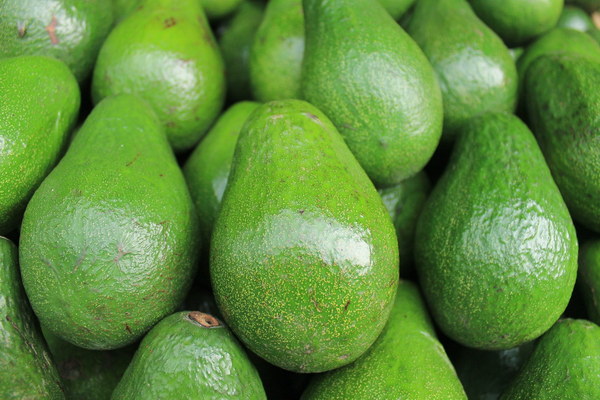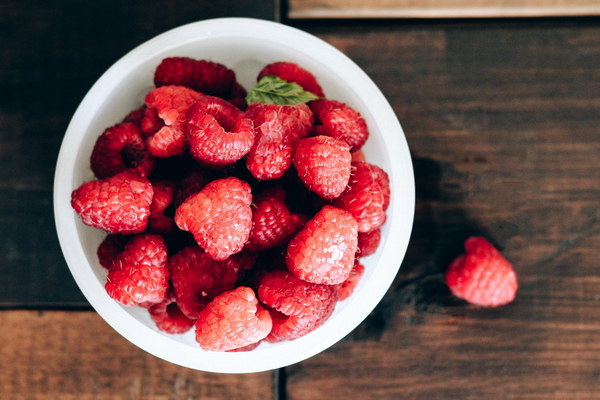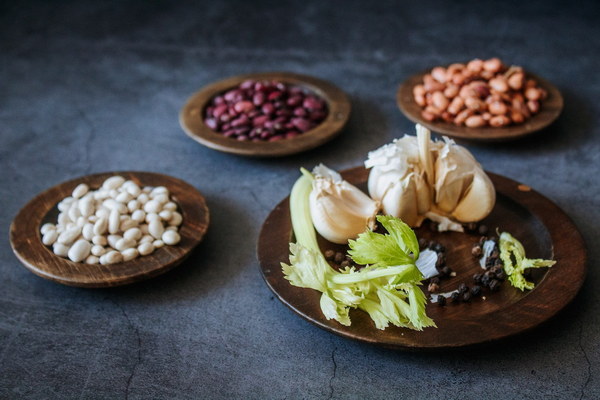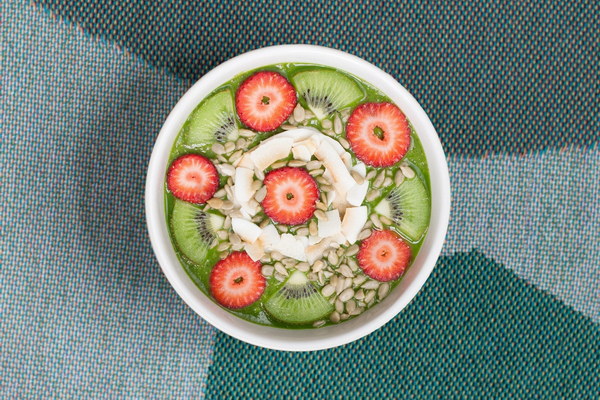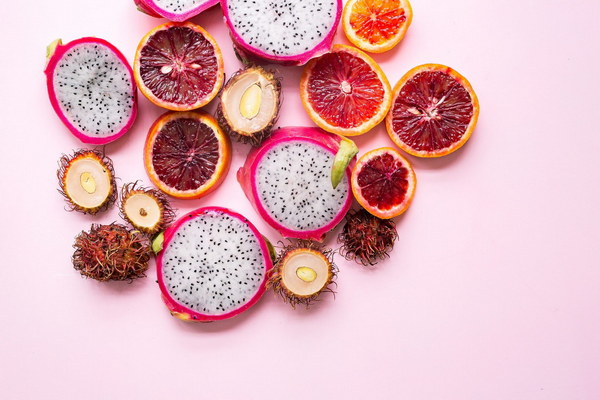Midnight Nourishment Embracing the Power of Nighttime Snacking for Health and Well-being
In the quiet hours of the night, when the world is asleep and the moon casts its gentle glow, the body often wakes with an urge to seek sustenance. This nocturnal phenomenon, commonly known as midnight snacking, has been the subject of much debate. However, what if this midnight urge could be harnessed to promote health and well-being? In this article, we will explore the benefits of nighttime snacking, particularly focusing on the concept of midnight nourishment and its role in replenishing the body's energy reserves.
Firstly, it is important to understand why the body craves food during the night. Several factors contribute to this phenomenon. One of the primary reasons is the body's circadian rhythm, which is regulated by the hypothalamus in the brain. This rhythm influences various physiological processes, including hunger and appetite. When the body's internal clock is disrupted, such as through jet lag or irregular sleep patterns, it can lead to increased hunger during the night.
Moreover, the body's energy reserves are depleted as we sleep. While we rest, our muscles and organs continue to function, requiring energy to maintain their operations. Therefore, it is not surprising that the body seeks to replenish its energy stores during the night. This is where the concept of midnight nourishment comes into play.
Midnight nourishment refers to the consumption of specific foods during the night that can help to replenish the body's energy reserves and support overall health. Here are some key recommendations for a healthy midnight snack:
1. Protein: Consuming protein during the night can help to maintain muscle mass and support overall metabolic health. Options such as Greek yogurt, cottage cheese, or a small portion of nuts can be excellent choices.
2. Carbohydrates: Complex carbohydrates, such as whole grains or legumes, can provide a steady release of energy throughout the night. A small bowl of oatmeal or a slice of whole-grain bread with a bit of cheese can be beneficial.

3. Healthy Fats: Incorporating healthy fats into a midnight snack can help to satiate the body and promote a sense of fullness. Avocado, hummus, or a tablespoon of olive oil can be suitable options.
4. Hydration: It is crucial to stay hydrated throughout the night. A glass of water or herbal tea can help to replenish fluids and support kidney function.
5. Avoid Processed Foods: It is important to avoid high-sugar, high-fat, and processed foods during the night. These foods can lead to energy crashes and disrupt sleep patterns.
By selecting the right foods for a midnight snack, individuals can not only satisfy their hunger but also support their overall health. However, it is essential to remember that moderation is key. Excessive nighttime snacking can lead to weight gain and other health issues.
In addition to the physical benefits of midnight nourishment, this practice can also have a positive impact on mental health. Many people find that having a small, nutritious snack during the night can improve their mood and reduce feelings of stress or anxiety. By taking care of their bodies during the night, individuals can wake up feeling refreshed and ready to face the challenges of the day.
In conclusion, midnight nourishment can be a powerful tool for maintaining health and well-being. By choosing the right foods and practicing moderation, individuals can harness the power of nighttime snacking to replenish their energy reserves and support their overall health. So, the next time you find yourself reaching for a midnight snack, consider the benefits of a well-balanced, nutritious option. Your body will thank you in the morning.


